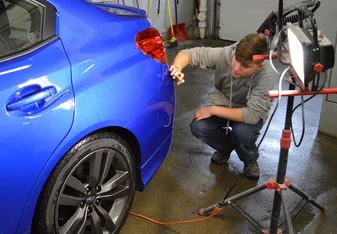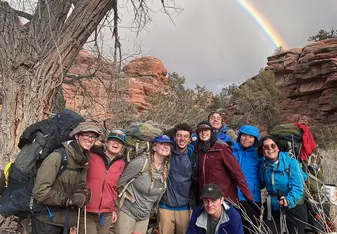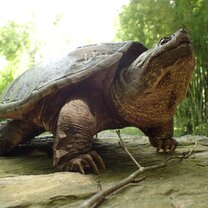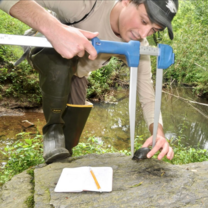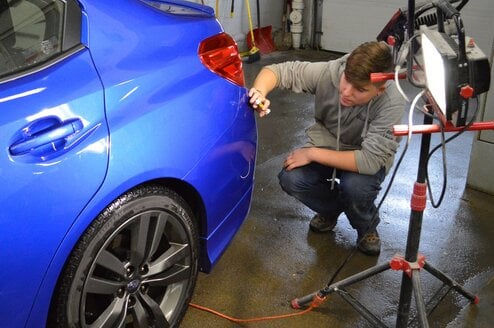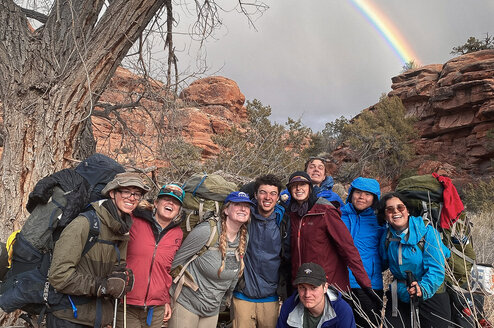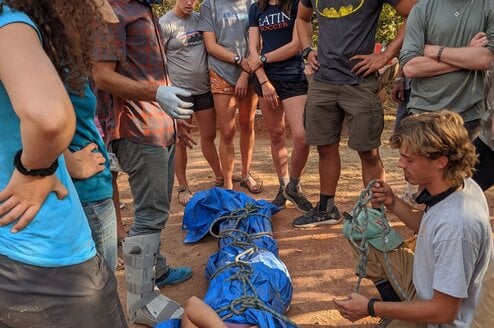- United States of America
About Program
The Amphibian Foundation’s (AF) Bridge Program offers the unique opportunity for adults (18+) to conduct conservation and biological research in a collaborative and mentored scientific environment.
The program is available to people before, during, or after college, and allows students to explore conservation research as a potential career field. Students will work as conservation researchers and apprentices, developing the confidence, resilience, and adaptiveness that define a successful scientist. AF will provide valuable one-on-one time with all students in a supportive, thriving environment where you will contribute directly to our mission. We will also work closely with you to help you achieve your personal, academic and career goals. Your work with the AF will contribute to the conservation of threatened and endangered amphibians. .
Video and Photos
Program Highlights
- Mentored research experiences and field work
- Captive husbandry of imperiled amphibians
- Transition services to help you take your next steps
- Experiential learning by doing conservation
- Explore different conservation careers





